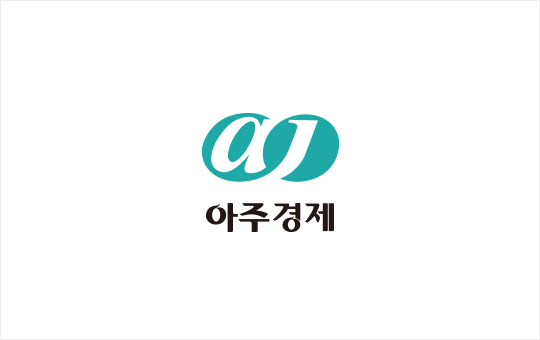![President Lee Jae-myung. [Photo=Yonhap News]](https://image.ajunews.com/content/image/2025/11/20/20251120151631976389.jpg)
SEOUL, November 21 (AJP) - President Lee Jae Myung’s order to halt the sale of state-owned assets over concerns of potential undervaluation has left major public agencies scrambling for alternatives, despite growing fiscal pressures and the need to offload underperforming holdings.
According to industry officials, Korea National Oil Corp. (KNOC) has suspended its long-running effort to sell Harvest, a Canadian oil and gas producer it acquired in 2009. KNOC, which has remained in a state of capital impairment for six consecutive years, began divesting Harvest’s 38 asset groups in 2021 but has managed to sell only 17. Several additional transactions were reportedly close to completion before the presidential directive forced a pause.
Facing rising investment needs — including the development of deep-sea gas field in the East Sea — KNOC has increasingly relied on corporate bonds to stay afloat. From 2021 through the first half of this year, the company issued more than 11 trillion won in bonds, with annual issuance continuing to climb.
Other state-run energy giants are also feeling the strain.
Korea Electric Power Corp. (KEPCO), which holds more than 200 trillion won in debt, has delayed the sale of multiple assets, including properties in Daegu and housing units across the country. Korea Gas Corp. (KOGAS) similarly canceled planned divestitures of unused assets in Gangwon Province.
These agencies had been preparing to coordinate with relevant ministries to ensure asset prices were fair and transactions justified. But with sales now on hold, officials warn that financial burdens could deepen if the freeze persists.
The government’s plan to dispose of tax-paid stocks has also come to a standstill. These shares — turned over to the state in lieu of large inheritance taxes — include holdings from the family of the late NXC founder Kim Jung-ju and from the family of Taekwang Industrial’s Park Yeon-cha. Without buyers, the state continues to hold sizable stakes it never intended to keep.
Delays in handling these assets could have downstream effects on government programs that rely on proceeds from such sales. “The sale of tax-paid stocks is paused, but urgent cases can proceed with approval from the prime minister,” a senior finance ministry official said.
The administration is now reviewing systemic reforms to prevent state assets from being sold below value. Deputy Prime Minister and Finance Minister Koo Yun-cheol said the government plans to craft a set of measures by mid-next month, which could include mandatory reporting to the National Assembly and the president for large-scale transactions.
* This article, published by Aju Business Daily, was translated by AI and edited by AJP.
Copyright ⓒ Aju Press All rights reserved.


